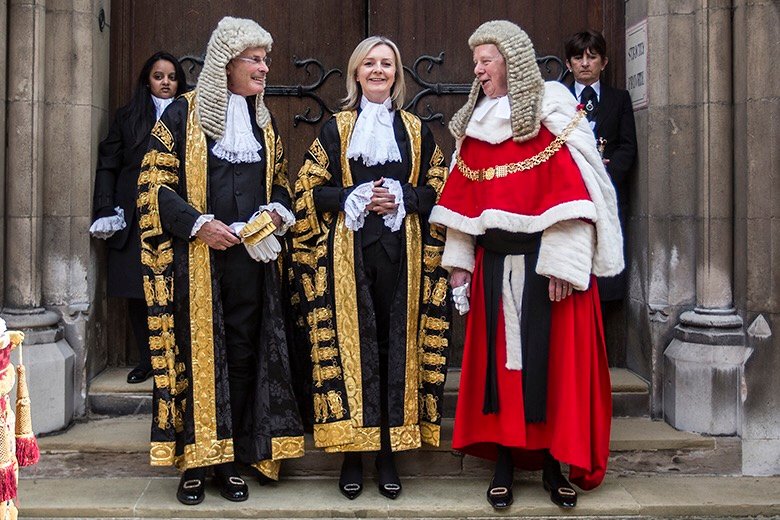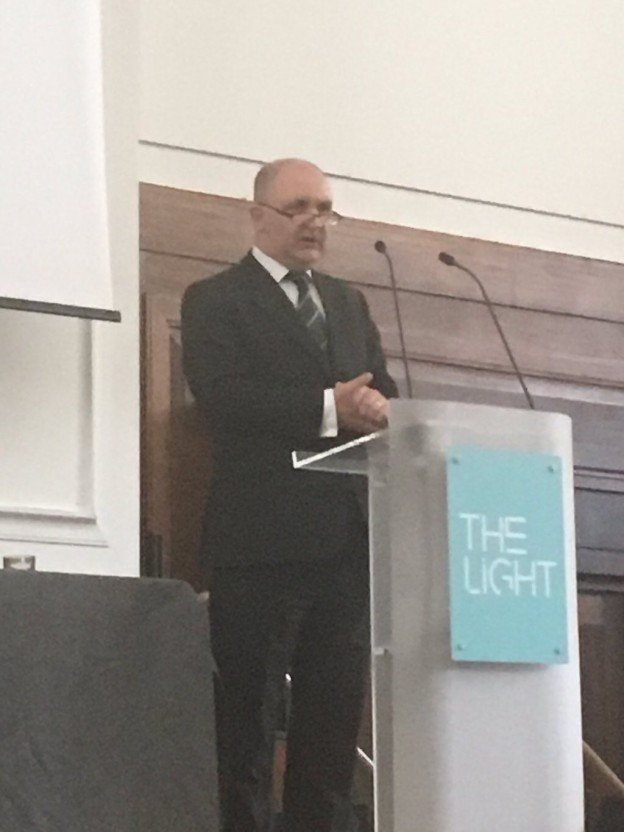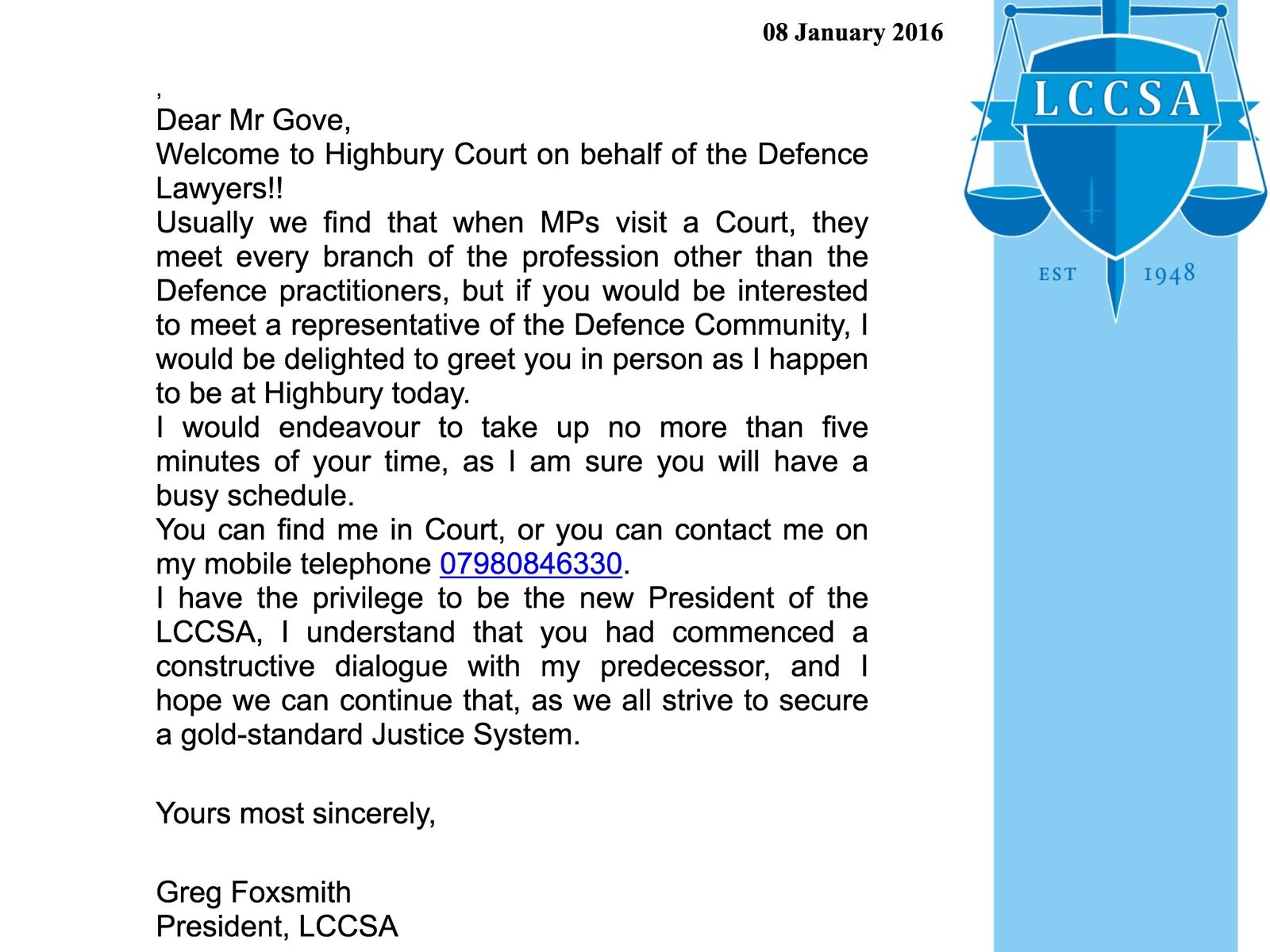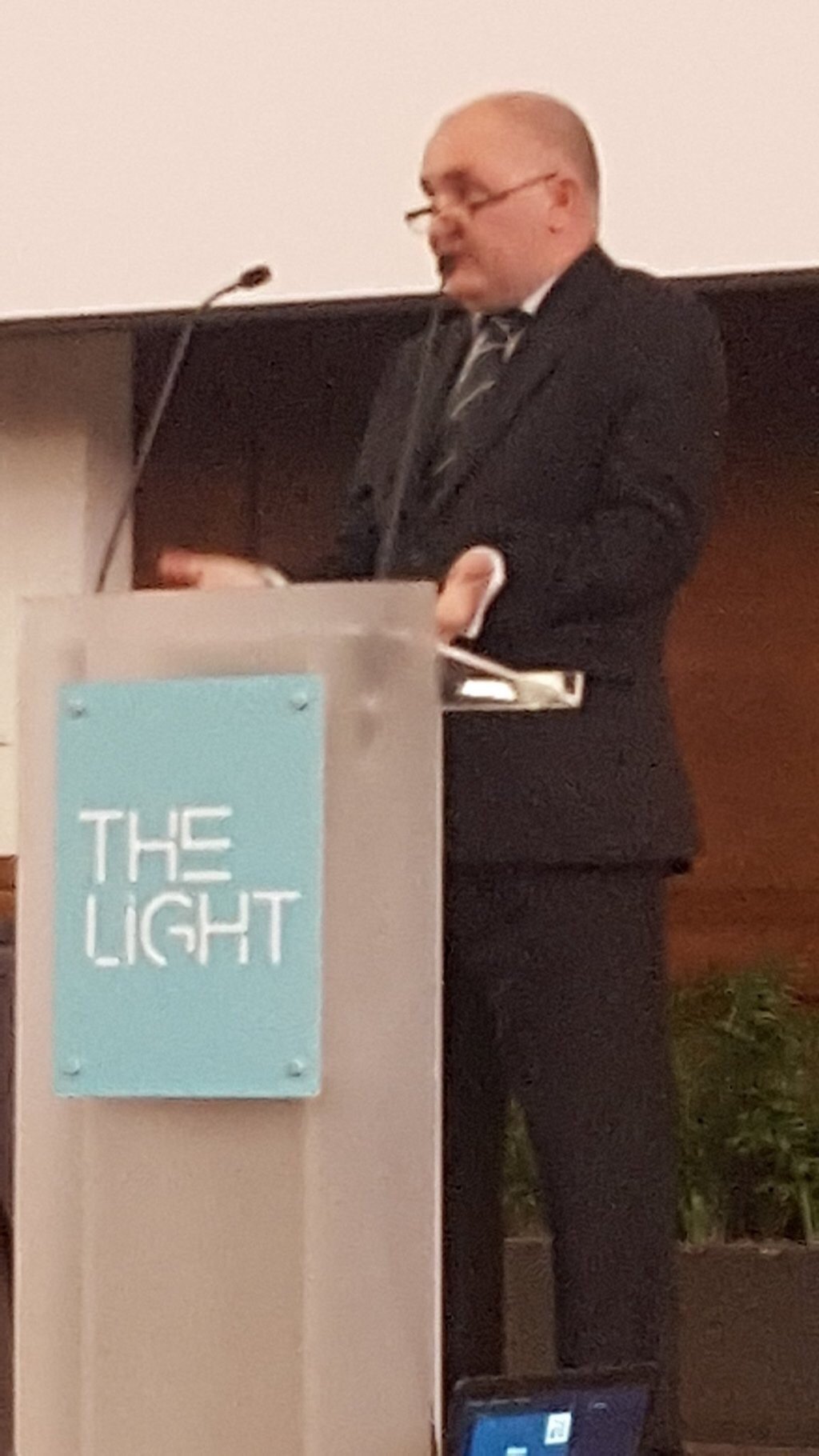On 14th July 2016 incoming Prime Minister Theresa May appointed Liz Truss as the new Secretary of State for Justice (also known as Lord Chancellor).
She lasted less than a year, being demoted by May on 11th June in the re-shuffle that followed the “mandate” election.
Truss took over from Michael Gove, sacked for his disloyalty and failed leadership bid rather than his performance in post (Gove had replaced the hopeless and reviled Chris Grayling, widely believed to have been the worst Lord Chancellor in living memory)
Truss was the third consecutive non-lawyer to be appointed to the post. Did that matter? Read the Secret Barrister blog.
This blog reviews Truss’ time in office.
Background-Pre-Justice Secretary
Truss was previously at DEFRA, and perhaps best known for her widely ridiculed Conservative Party conference speech about French cheese and British Pork (footage enjoyed on this clip from Have I Got News For You ) This was followed another much ridiculed Conference speech (October 2015) when she called for a return to “giving animals their proper names”
She co-authored a book (“Brittania unchained“) which accused British workers of laziness :”The British are among the worst idlers in the world. We work among the lowest hours, we retire early and our productivity is poor. Whereas Indian children aspire to be doctors or businessmen, the British are more interested in football and pop music.”
Critics who have attempted to engage with her, (according to George Monbiot in The Guardian) have said she is “indissolubly wedded to a set of theories about how the world should be, that are impervious to argument, facts or experience.”
Background
Born: 26 July 1975, in Paisley, Renfrewshire
Constituency: MP for South West Norfolk since 2010
University: read PPE at Merton
Before politics: 10 years as a management accountant, economics director at Cable & Wireless; deputy director of Reform (education think tank)
Truss and Criminal Justice (pre-appointment)
Truss was a member of the Justice Select Committee between March 2011 and November 2012, but apparently only ever spoke about justice issues three times in parliament,one of which was to strongly support cutting the legal aid budget.
On Home Affairs she consistently voted for a stricter asylum system and stronger enforcement of immigration rules; for the introduction of Police & Crime Commissioners, and for requiring the mass retention of information about communications. She spoke several times during the committee stages of LASPO (transcripts here)
Comments and initial reaction on her Appointment
There was initially mixed disappointment and scepticism from legal aid lawyers, largely due to Truss’ record of continuously voting for Legal Aid cuts. Her priority should have been to sort out and protect Legal Aid, said the All-Party Parliamentary Group on Legal Aid, as reported here in the Solicitors Journal. Concerns were also raised about her views on prisons (eg here in the Justice Gap, July 2016)
Lord Faulks, justice minister under her two predecessors, resigned his post because he felt that the inexperience of Truss could put at risk the standing of the judiciary and courts. Anna Soubry QC turned down post of No. 2 to Truss (according to this piece in Legal Cheek)
Much of the commentary focussed on Truss’ gender, and her being supposedly the first female Lord Chancellor, but critics of Truss denied misogyny ( eg Lord Falconer here in the Guardian)
Lord Pannick pointed out that contrary to some reports she is not the first female Lord Chancellor – that was Eleanor of Provence, who filled in for her husband Henry III in 1253. He added that at the time “there was probably a 13th-Century Lord Falconer complaining Eleanor hadn’t been trained as a lawyer”.
The CLSA released a statement welcoming her appointment.
Peter Oborne writing for the Mail on Sunday had this observation:-
I greatly enjoyed seeing Ms Liz Truss, the new Lord Chancellor, in her majestic Tudor-style robes of office, redolent of old England, tradition and deference.
It is amusing to recall Ms Truss’s radical anti-Monarchy speech to the Liberal Democrat conference in 1994 (she was once on the national executive committee of that party’s youth and student wing) when she proclaimed: ‘We do not believe people are born to rule.’ Her target was the Queen.
She found out soon afterwards that Oxford graduates in Philosophy, Politics and Economics, such as herself, are indeed born to rule, and it doesn’t much matter which party they are in. I’m sure she’ll enjoy the many conversations with Her Majesty she’ll now have, thanks to her new high office”
First days in post
The Annual HM Inspector Of Prisons report was published (19 July) and once again showed a prison service in crisis- violent, over-crowded and full of drugs with few opportunities of rehabilitation. Truss response below:-
On 21st July Truss got to dress up in black and gold robes, and was sworn-in as Lord Chancellor. The ceremony can be viewed on this YouTube clip.
First Three Months
After a long pause to master the brief, Truss gave her first interviews and indicated she was planning to introduce a Bill of Rights. No such bill was introduced. It was initially unclear whether we would be keeping or scrapping the Human Rights Act.
Truss also indicated the Government would not be proceeding with “Problem Solving Courts” (previously announced by Gove) although it was later clarified she actually meant they were still considering them, and a week later confirmed the Government were in fact proceeding with them.
After a Summer break, Truss attended a meeting of the Justice select Committee, (07 September) where to the astonishment of all those attending or following, she could not confirm any planned legislation, merely saying everything was under review (Guardian report here ) Private Eye was also unimpressed:
On 03 October Truss was all trussed up again in robes, together with a “train bearer”, to attend her first “Opening of the Legal Year” service. Her speech here.
On 04 October Truss gave her first Conference speech as Lord Chancellor. It was a more assured performance than the infamous “cheese speech” (see above) but failed to mention Legal Aid or Access to Justice. She spoke of prison reform, announcing £14 million additional investment (although it turned out this was funding already announced by Gove). She did not acknowledge the then topical high suicide rate in prisons, but promised that “ex-soldiers” would be recruited as prison officers. The rest of the speech was a series of platitudes. In. Very. Short. Sentences. Text here. Quentin Letts’ summary “How could so jellyfish and unformed a political personality have been made lord chancellor? I have known ping-pong bats less wooden, CBeebies presenters more statesmanlike.”
November-Failure to Defend the Judiciary
On 03 November, the High Court ruled in the case of Miller that Brexit via article 50 should require a vote in Parliament. In an outpouring of outrage in the tabloids there was open hostility to the judges who were described on one front page as “enemies of the people” The LC, whose oath of office is to uphold and defend the Independence of the Judiciary, would be expected to speak up in defence of the rule of law. Instead, for a long period, silence. #WheresLizTruss? was trending on twitter. Read more here. Then, belatedly a half-hearted statement as reported here. Criticism continued to grow, with an attack by some Tory MPs, as well as lawyers (see this summary as reported in the Guardian)
Truss later managed a half-apology, but the criticism never really died away and (in March 2017) the Lord Chief Justice piled in here.
Prisons Crisis
The effects of the drastic cuts implemented by Grayling led to a crisis which continued to escalate during Truss’ term of office. There was an escalation of assaults on prison staff, suicide and self-harm of prisoners, a “strike” by officers, violence, drugs, escapes and riots. How did Truss cope? Poorly is the general consensus – see eg here
PI Reform
Truss achieved better headlines for her “crack-down” on whiplash claims. But these “reforms” , badged as reducing insurance premiums supposedly over-inflated by dodgy claims and the “compensation culture” will in fact not help consumers, but harm those suffering genuine injury, and offer a bumper pay-out for insurance companies. See this article for the detail.
Six months In
In December Truss appeared in the Commons to announce that “barking dogs” would tackle the problem of drones being used to courier drug deliveries. Seriously. Read this article and play the clip where Truss announces this (to laughter). Could they? See the Guardian Pass Notes
Happy Christmas!
Liz Truss extended a special message to hedgehogs. Happy Christmas hedgehogs!
2017
February–slammed by lawyers following another “car-crash” TV Interview
First bill (23 February 2017) – the Prisons and Courts Bill (2017) covering four main areas:-
1 Prison safety and reform – described as a “new framework and clear system of accountability for prisons” It will “enshrine into law ” that a key purpose of prison is to reform and rehabilitate
2 Court reform: -another commitment to victims and the most vulnerable, as well as improving the system by digitisation. (But see here for critical commentary)
3 The judiciary – a better working environment for judges, modern court facilities + better IT
4 Whiplash compensation – new fixed tariffs capping whiplash compensation pay-outs
The bill has not yet been enacted.
April By April, Truss appeared out of her depth, and reports indicated she does not have the confidence of the Judiciary OR cabinet colleagues.
See this summary of her tenure, by Frances Crook (Howard League) . Meanwhile, with the election called, pundits predicted she would not last a full year -see eg this Legal Cheek piece by Joshua Rosenberg They were right.
May-June and the General Election Truss was largely absent for most of the General election campaign. But she did visit Wibsey!
Goodbye Truss, hello David Lidington
So Truss has left the full cabinet by being demoted to first secretary to the treasury, replaced by David Lidington. Lidington is the 3rd new lord chancellor in little more than two years. It used to be a job that the recipient would fulfil for a decade. He is also the fourth consecutive non-lawyer to have held the post. Read more about Lidington here.
Conclusion
If Truss had showed even half the enthusiasm for justice that she has for cheese, she could have really made her mark in an area crying out for reform. As it is, Truss lasted just 11 months in the job, the shortest tenure since the post was created, and has now been demoted.
Truss was not the worst Lord Chancellor in recent time (Grayling set a high standard for that) but she fell far short of what was required. She never appeared to be on top of her brief, abjectly failed to tackle the prison crisis, failed to stand up for the Judiciary, and does not appear to have a solitary positive achievement she can point to from her term of office.






